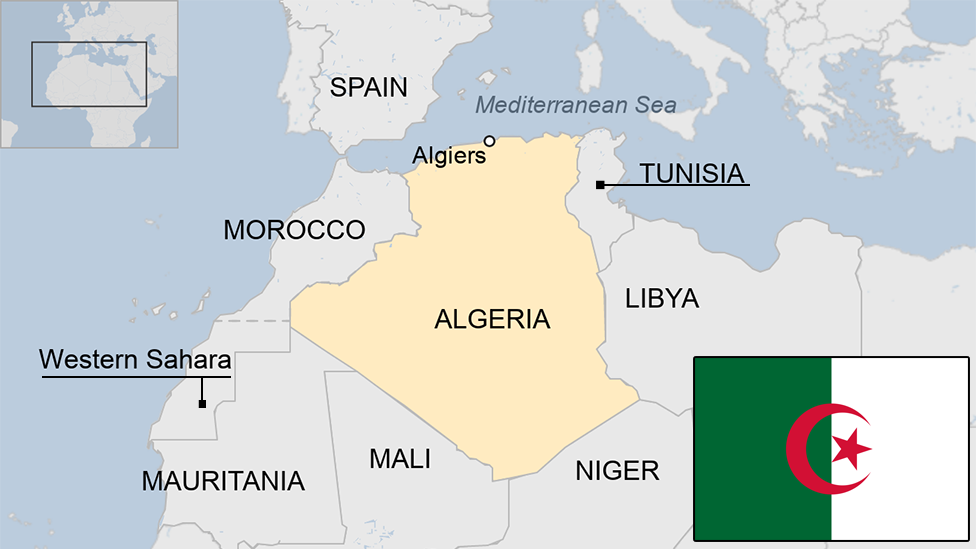Algeria election - what you need to know
- Published
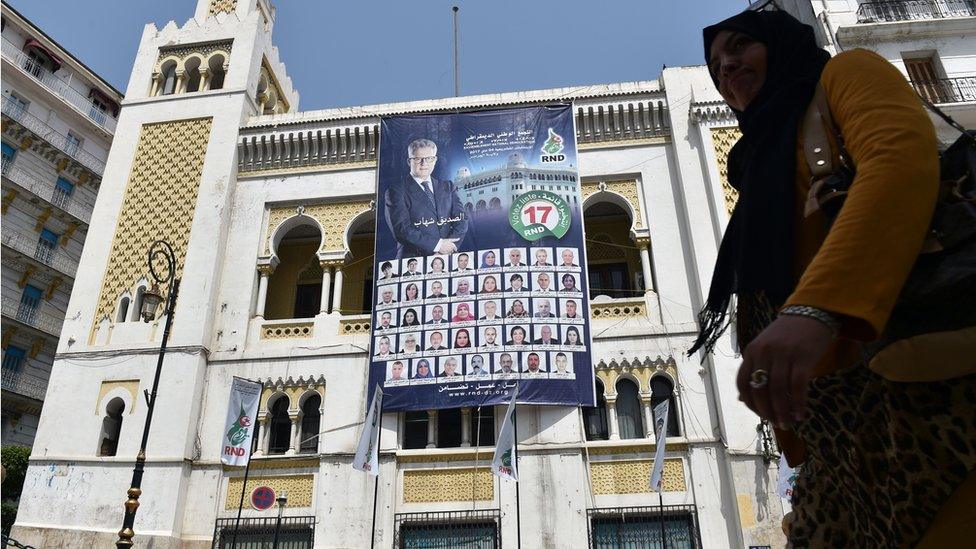
Algerian voters go to the polls on 4 May to elect a new parliament amid uncertainty over the health of the country's ailing president, dwindling oil revenues, and instability on the borders with neighbouring countries.
What is at stake?
Ruling officials have been campaigning on one key slogan: Stability.
But delivering on this promise will be a tall order for a number of reasons.
In a political system which remains essentially presidential in nature, the poor health of President Abdelaziz Bouteflika is a major concern.
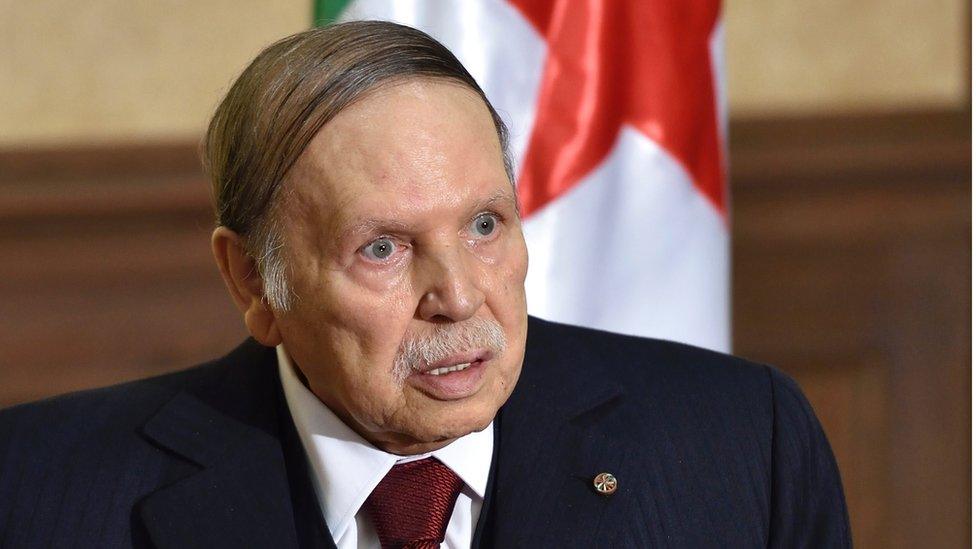
President Bouteflika has looked frail during recent public appearances
While his rule has been criticised for corruption and a lack of political freedom, he has overseen a period of relative stability and prosperity following a decade-long civil war in the 1990s.
But economic difficulties caused by falling oil prices have seen austerity imposed on the country.
Sectors such as construction have been hard-hit, with government infrastructure projects put on hold and imports of building materials restricted.
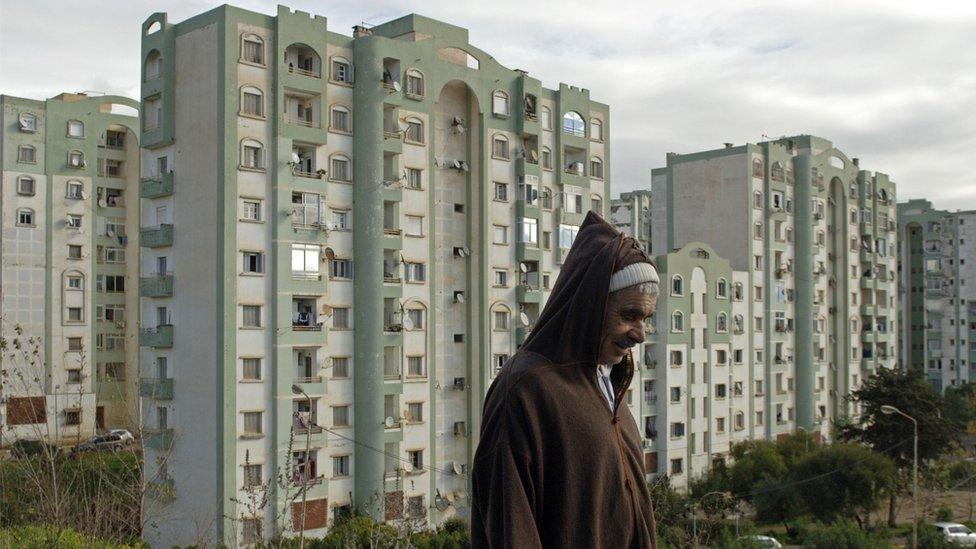
The country has seen austerity imposed in recent years
The country could be driven to cut its large military spending because of austerity measures. This comes at a time of increased security threats posed by instability and jihadist militants in neighbouring Niger and Libya, and a tense stand-off with Morocco over the status of Western Sahara.
How is parliament structured?
Algerian MPs are elected by direct universal suffrage for a five-year term in the 462-seat lower house.
Seats are allocated proportionally according to the number of votes obtained by party lists. Eight seats are reserved for Algerian expatriate communities in four overseas districts.

"Make your voice heard," says this Algiers election poster urging people to vote
More than 23m people are eligible to vote for 11,334 candidates from 50 different political parties, as well as a handful of independents.
The role of parliament has been gradually expanding since changes to constitutional law were introduced in 1989. Following a constitutional amendment introduced last year, parliament will for the first time be consulted before a new prime minister is named by the president.
However, it cannot withdraw confidence from the nominee.
Who are the dominant parties?
The National Liberation Front (FLN) is Algeria's long-time ruling party, and draws its legitimacy from its key role in the war of independence against the French.
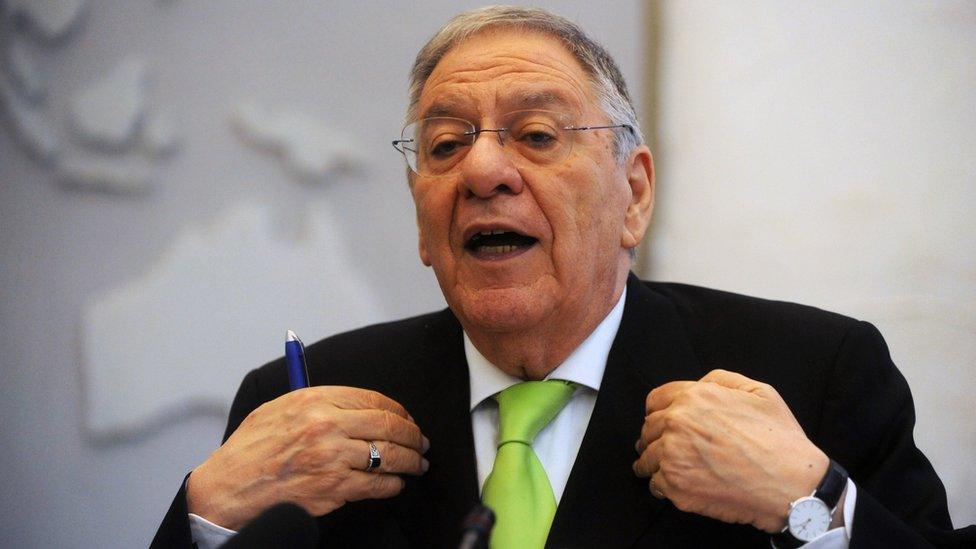
Djamel Ould Abbes leads the FLN
Leader Djamel Ould Abbes claims to be a war hero, but some war veterans have disputed his past as a revolutionary.
In the last parliament, the FLN formed a ruling coalition with the National Democratic Rally (RND), and commanded a large majority. The two parties are almost assured of taking a large number of seats in the next parliament.
What are the opposition's chances?
Indications in recent months suggest that the authorities are seeking to coax more parties into the coalition to shore up the ruling majority in troubled times.
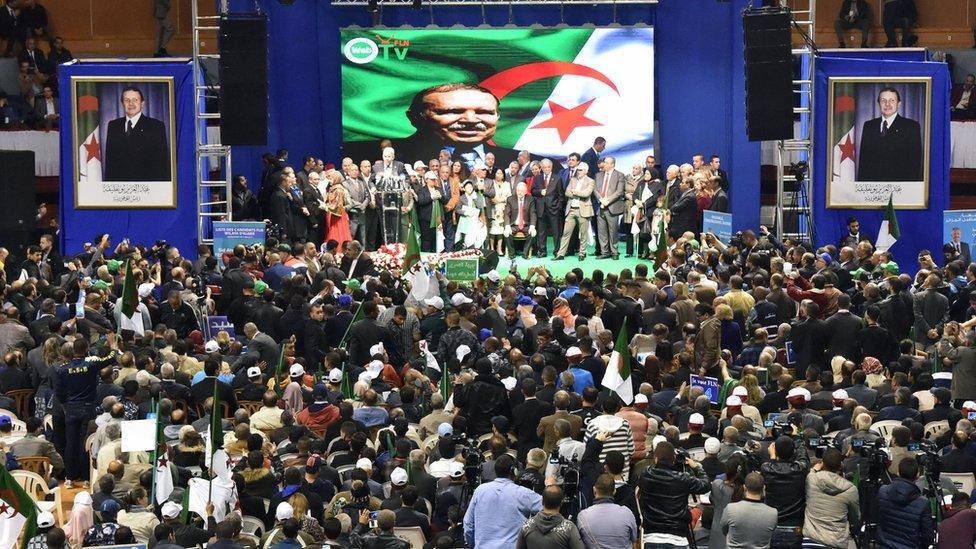
An Algerian National Liberation Front rally in Algiers
The current opposition, comprising a mixture of reformist insiders, Islamists, and left-wing parties, is set to change.
A recent ruling which allows parties to form electoral alliances may provide a path for Islamists to re-establish themselves as a potent force in parliament.
The authorities have ordered imams to call on worshippers to take part in the polls in order to boost turnout.
The non-Islamist opposition has only a slim chance of success.
BBC Monitoring reports and analyses news from TV, radio, web and print media around the world. You can follow BBC Monitoring on Twitter, external and Facebook, external.
- Published18 April 2017
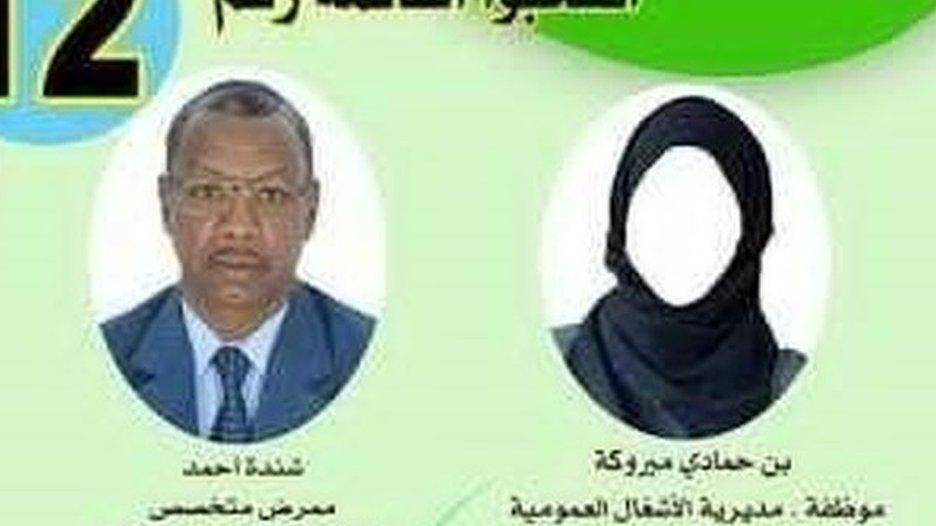
- Published20 September 2016
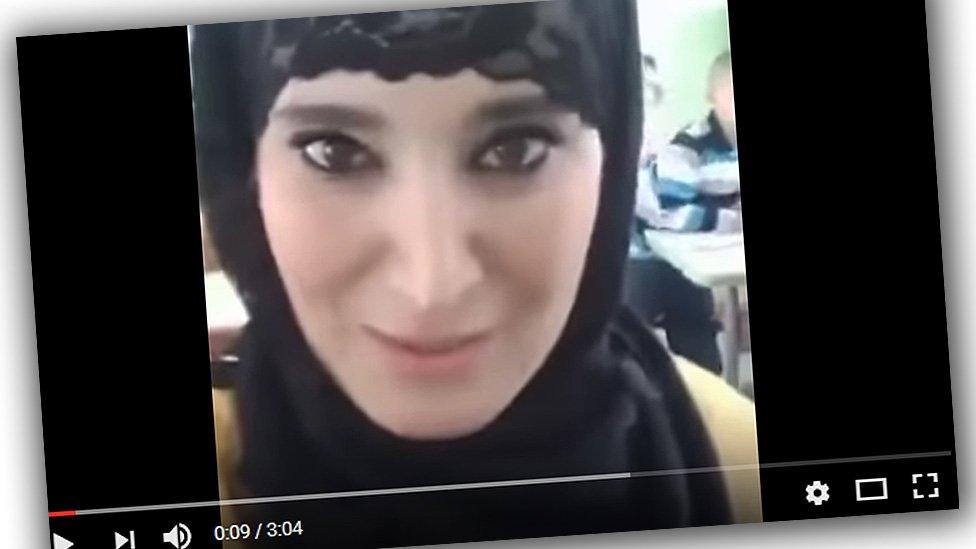
- Published9 September 2024
